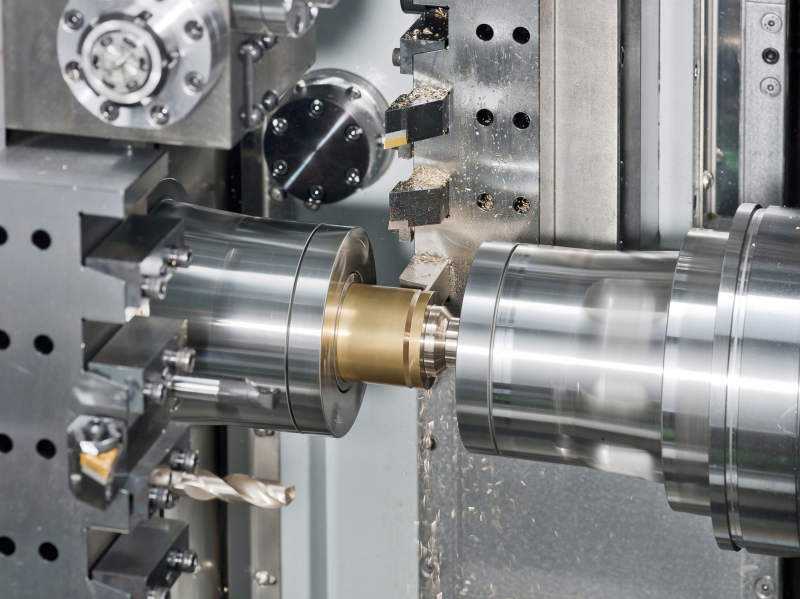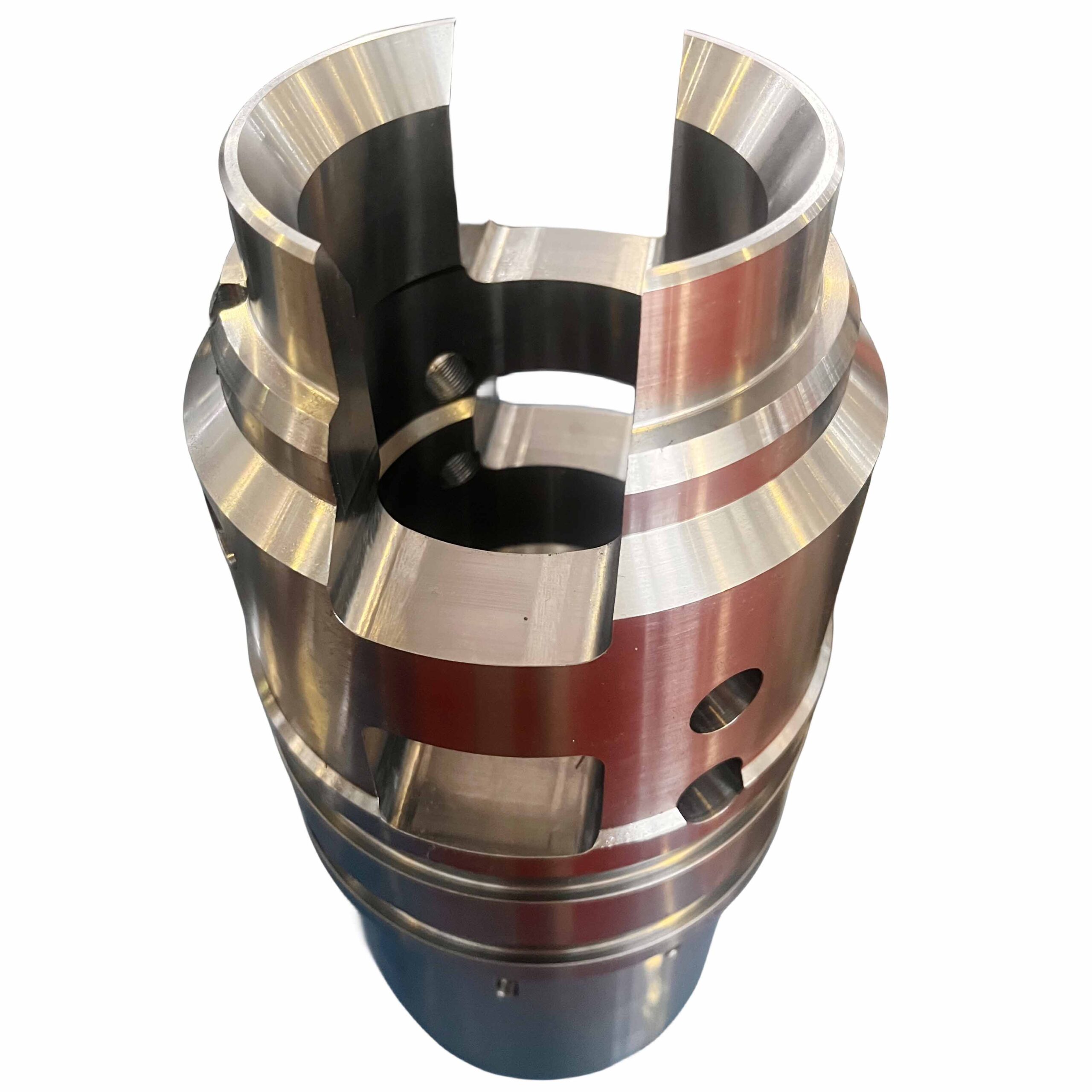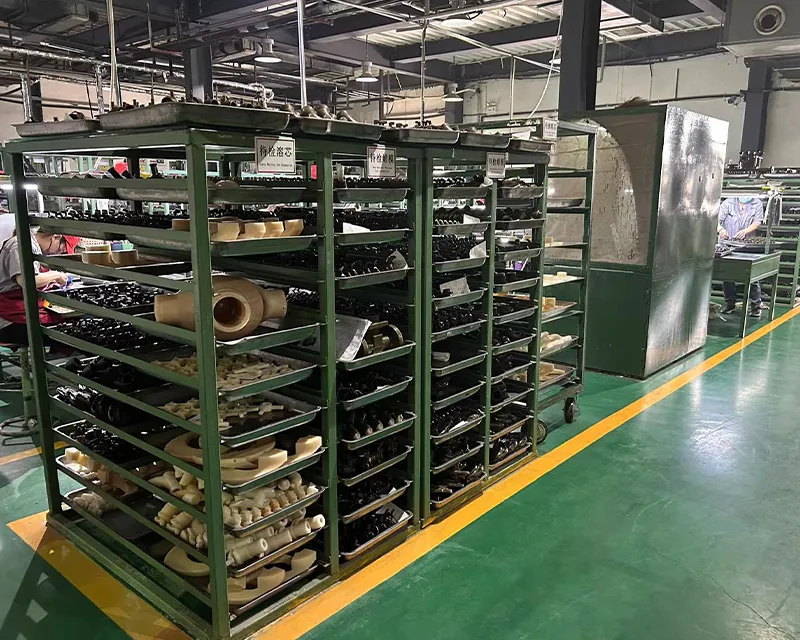CNC machining companies use quality control procedures to measure the quality of a CNC machine’s product. Every production unit must follow specific quality control procedures and CNC machines are no exception.

If you appoint a CNC manufacturing company to aid your manufacturing process, you are looking for a macroscopic tolerance limit. For example, if you are producing oil line valves allowing 1mm tolerance, thousands of cars will leak oil. Similar things will happen in other industries’ products that need minimal tolerance. Quality control ensures the tolerance level will stay as minimal as possible following the industry-standard margins of that product.
The first rule of quality control is to ensure the machine has proper CNC equipment such as a milling machine, grinder, router, etc., to create the product or the prototype. You should purchase your equipment from a registered dealer. If you are hiring a CNC machining company, ask them to provide a warranty for their service.
A professional CNC machining company will maintain the optimum quality by following a proper maintenance protocol and frequent calibration. Some maintenance protocols do not include spindles on the CNC equipment. But if they are included in every maintenance protocol, that significantly reduces the downtime.
It is better to conduct an inspection using your own quality control procedure. It is better to have a QC tester on your plant.
Every professional CNC company keeps a record of its production. Checking those records is another good quality control inspection process. Records of previous inspections and showing them using data tables and charts shows the capability and QC standard of a CNC machine company.
Sound Predictive Maintenance Programs cover the variability management system of a CNC machine. It also covers the maintenance and reliability of the CNC machining process.
The CNC machining operations are as good as the hand behind the machine. Sometimes less skilled persons operate the machine, which results in faulty material or products with increased tolerance. To overcome this skill gap, the manufacturer can contact the local CNC machine institution and ensure highly skilled CNC machinists.
Get an ISO certification. For example, companies with ISO 9000 certification have improved business functions and execution. They ensure better business implementation, reduces reworking, reduced scrap, and of course, lower cost. Besides, ISO certification plays a vital role in marketing and sales.





